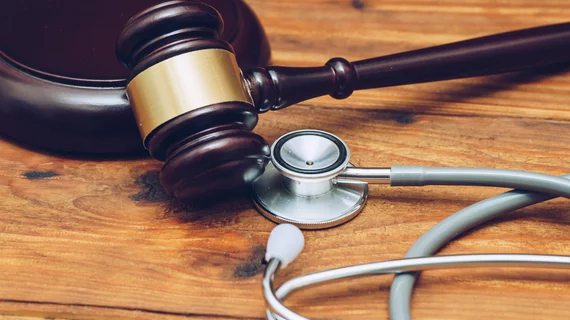CNN highlights potential ‘seismic shift’ for FDA dual mandate due to Supreme Court abortion case
While a case being argued before the U.S. Supreme Court on Tuesday deals specifically with telehealth access to the abortion drug mifepristone, the eventual ruling could have wide-ranging impacts on the FDA drug approval process, according to experts cited in a CNN report on the case.
For years, the FDA has had the dual mandate to approve drugs based on whether they were both safe and effective, which it did for mifepristone in 2000. A Texas suit filed by a conservative legal group on behalf of anti-abortion medical organizations saw lower courts affirm the 2000 approval, but a 2016 expansion in access for telehealth patients is at risk.
And so is the standard for FDA approvals generally, according to scholars and industry experts interviewed by CNN.
“If the court ends up … ruling in any way in favor of the plaintiffs, it says that basically, anybody who may be ideologically opposed to medication approved by the FDA could try to go to court and overrule the scientific determination of the experts,” Daniel Grossman, MD, director of UCSF’s Advancing New Standards in Reproductive Health program, told CNN March 26.
A study published online Monday in JAMA put some numeric perspective on what it would mean to roll back access to self-managed medication-induced abortion, showing an increase of nearly 28,000 of such abortions over expectations in the six month period following the 2022 Dobbs v. Jackson Supreme Court ruling.
For more on the potential impact on the case on FDA approvals broadly—as well as some predictions on which way the court will lean—check out the full story below.

